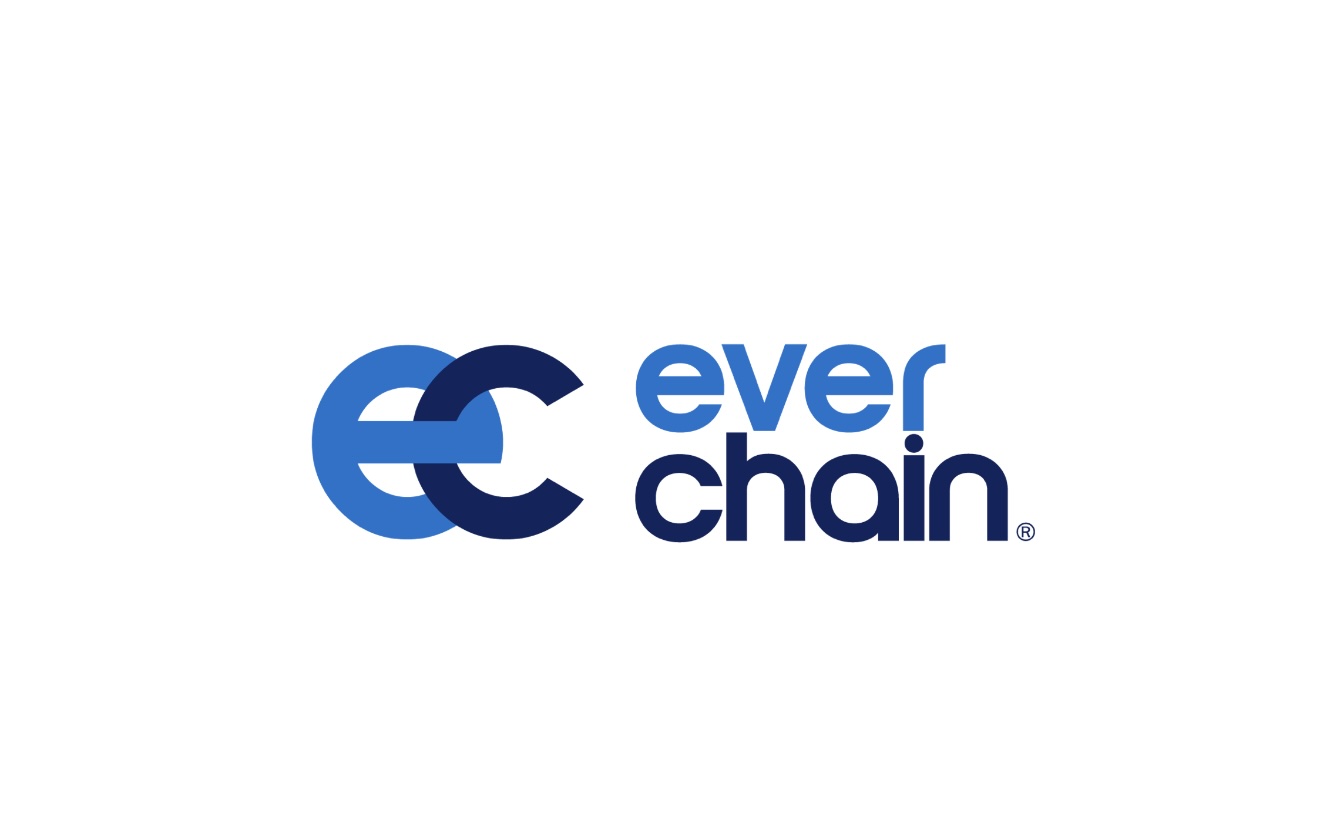
The rule is better known as the “Section 1071 rule” after the section of the Dodd-Frank Act that required the CFPB to adopt it.
“The CFPB believes in retrospect that the approach it took in the 2023 final rule—a broad initial coverage of lenders, products, small businesses and data points—was not conducive to the long-term success of the data collection regime under section 1071,” the bureau said, in the November 13 Federal Register.
“The CFPB now believes that a better, longer-term approach to advance the statutory purposes of section 1071 would be to commence the collection of data with a narrower scope to ensure its quality, and to limit, as much as possible, any disturbance of the provision of credit to small businesses,” the bureau said. “The CFPB believes that such an incremental approach would also comply with section 1071 and minimize any negative initial impact on small business lending markets and on data quality.”
In the rule, the CFPB proposes to:
- Exclude merchant cash advances, agricultural lending, and loans of $1,000 or less (with period adjustments for inflation) from the definition of covered credit transaction.
- Exclude the Farm Credit System lenders from the rule.
- Increase the covered loan origination threshold to be subject to the rule from 100 to 1,000 covered credit transactions for each of the two preceding calendar years, starting with originations in 2026 and 2027.
- Change the gross annual revenue threshold in the rule’s definition of small business from $5 million or less to $1 million or less.
- Remove the LGBTQI+-owned business data point from the rule.
- Remove the application method, application recipient, denial reasons, pricing information, and number of workers data points from the rule.
- Extend the compliance date provisions to January 1, 2028.
Comments must be received on or before December 15, 2025.
We are still assessing the proposal and will provide a more detailed analysis.




